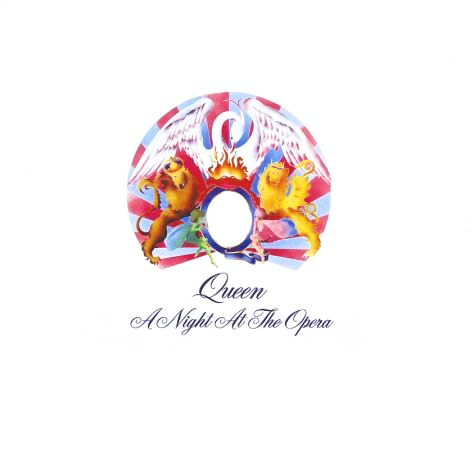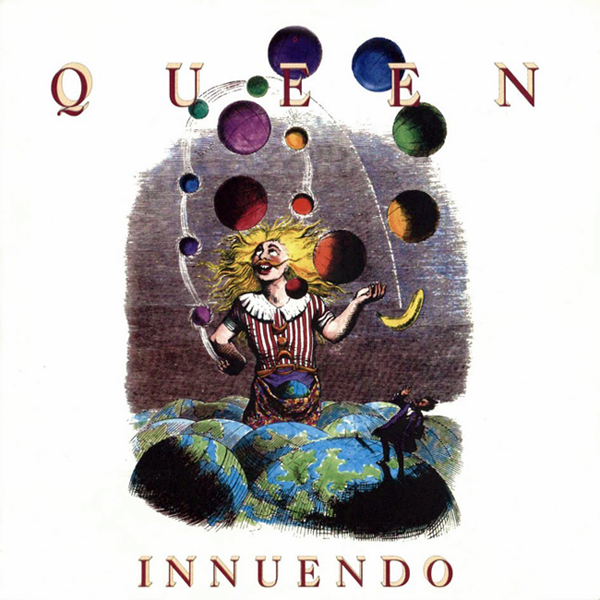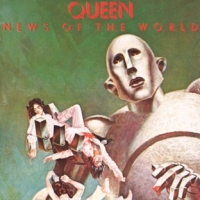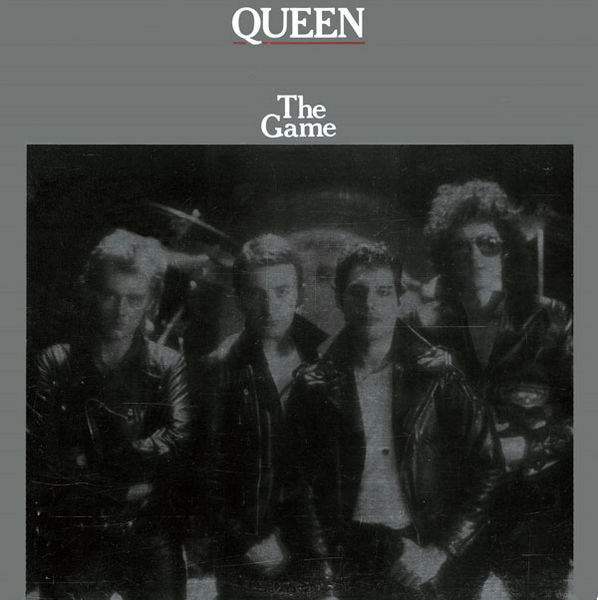03-11-1976 – Rolling Stone
Queen: Four Queens Beat Opera Flush
by Steve Turner
Cashing In on a Rock Rhapsody
LONDON – Queen is providing British rock with one of its biggest rushes in recent days. Its single, ‘Bohemian Rhapsody’, a six-minute mock opera, which features 180 vocal overdubs at one climactic point, held down the Number One spot in the British charts for nine weeks this winter – a feat matched in the last 20 years only by the Everly Brothers’ ‘Cathy’s Clown’ (1960) and Paul Anka’s ‘Diana’ (1957).
‘Bohemian Rhapsody’ is a rare single that demands attention while defying the traditional formulas for a hit. The music has mini-movements that run from Gilbert and Sullivan to rock, the words are simultaneously violent and mystifying and the running time is overlong – particularly for radio. Still, with its operatic overtones and inherent drama, the single has been receiving constant airplay. London’s only commercial station (Capital Radio) even ran a competition which invited listeners to submit their interpretations of the story line, which has something to do with murder, a boy’s appeals to his mother and invocations to everyone from Beelzebub to Galileo.
Queen’s lead singer, 29-year-old modified glitter rocker Freddie Mercury, wrote the song for A Night at the Opera, which was four months in the making. “I always wanted to do something operatic,” Mercury said. “I wanted something with a mood setter at the start, going into a rock type of thing which completely breaks off into an opera section, a vicious twist and then returns to the theme.
“I don’t really know anything about opera myself,” Mercury confessed. “Just certain pieces. I wanted to create what I thought Queen could do. It’s not authentic…certainly not. It’s no sort of pinch out of Magic Flute. It was as far as my limited capacity could take me.”
‘Bohemian Rhapsody’ marks the climax of almost six years of Queen’s existence. The band was formed in July 1970, when all four members were students in London, but it was three years before they felt ready to perform live. During that time they rehearsed and wrote the songs that were eventually heard on Queen. They also earned a set of degrees – Mercury in graphics and illustration, lead guitarist Brian May in astronomy, bassist John Deacon in electronics and drummer Roger Taylor in biology.
“When we formed Queen we decided we weren’t going to slog around,” explained May. “We decided that we were going to be real choosy and concentrate on writing and rehearsing until we were completely satisfied that we were right to be onstage.”
Then a friend who needed a new recording studio tested for its acoustics employed Queen, repaying them in demo discs. These were promptly rushed to every record company in London.
Although unhappy with the deals they were offered, Queen eventually signed with Trident Audio Productions, run by London’s noted Trident Studios. They recorded their first album in between booked sessions at the studio. The resulting album finally interested E.M.I., which had shown little interest the first time around. In 1973 they signed Queen, and the group severed relations with Trident and their personal manager, Jack Nelson, in favor of Elton John’s management company headed by John Reid.
Obviously glad to be rid of their old management, Mercury took a potshot at them in a vicious song on the Opera album entitled ‘Death on Two Legs’:
You suck my blood like a leech You break the law and you breach Screw my brain till it hurts You’ve taken all my money – you still want more.
Of it he says, “I have been told by my lawyer to refrain from talking about that but it’s a very emotional piece of work, yes, and it’s a state of mind I was in and what better way of getting it out than through the music?”
Queen’s distinctive mark lies in its thick guitar sound over-layed with vocal harmonies – a technique fully exploited on the “Black” side of Queen II.
But onstage, Queen makes no attempt to duplicate their complex recordings. Mercury gets most of the spotlight with his studied camp strutting and posing – during their recently completed British tour, he returned for the encore barefoot, clad in eye-catching satin shorts and matching shirt.
May thinks the group was too innovative for public taste, but ‘Bohemian Rhapsody’ and their consistently repetitive style are sending people back to their early works. “I think that if you do something new you have to do it again before it really sinks into people. I suppose people can’t figure but what you’re doing if you flit about too much. The lines we’ve pursued throughout the albums have been better understood than the on-off ideas.”
The band was held back by illness during its second (and first headline) American tour. Brian May contracted hepatitis and an ulcer, and Freddie Mercury damaged his vocal chords. “Things have changed since then,” said Mercury shortly before leaving London for a headlining, coast-to-coast U.S. tour. “The whole management structure, the records and everything are different. I think it’s looked upon in a much more professional way than before. We’re very pleased.”




